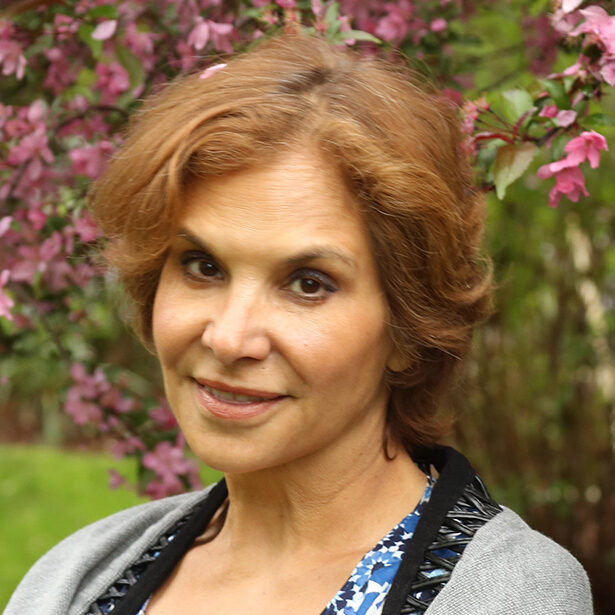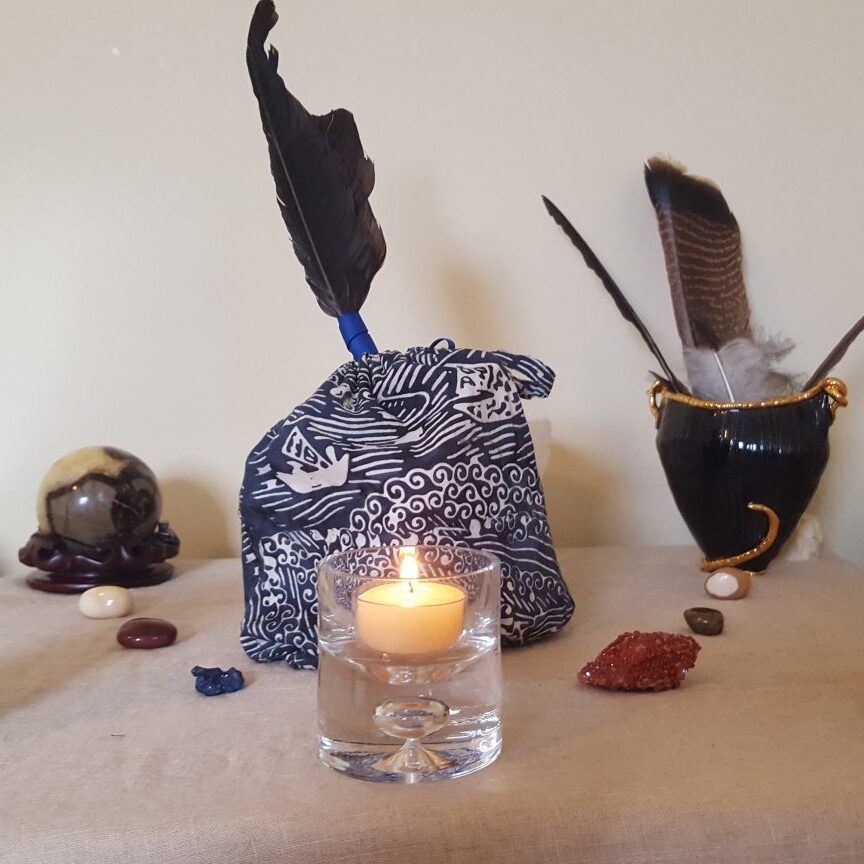Update, November 23, 2015: Penny Shelfer died on November 21, 2015.
Penny Shelfer is an advocate in League City, Texas.
For seventeen years before I was diagnosed with Stage III breast cancer in July of 2008, I processed meteorite samples at the Johnson Space Center. I had married in October of 2006. It was such a devastating blow to hear, less than two years later, that not only did I have breast cancer, it was an aggressive form known as Her2 that had to be treated with Herceptin along with chemotherapy and radiation. My oncologist told me that my chances of survival were statistically less than a 50 percent—he called it “a coin toss.”
After my mastectomy, I went to a specialized women’s mastectomy boutique to be fitted for breast forms. There was a Help Wanted sign in the window seeking a fitter. I applied, and for the next four years I helped women be properly fitted for breast prostheses and compression garments.
Through my work at the mastectomy boutique, I was involved with many women and their families dealing with breast cancer. Some of my beloved clients didn’t make it. Day after day, as I helped clients live with their surgically altered appearance, I supported them in every way that I could to help ease them through this unwelcome transition.

I left the job in 2012 to take care of my ailing parents. Watching them both slowly succumb to disease put me square in the face of death. I saw that, as helpful as it is for those who are dying, hospice doesn’t always provide completely pain-free sedation. Hospice simply doesn’t provide enough relief in some cases.
Through these experiences I learned to have no fear of dying. We’re all going to die. But I don’t want to experience unnecessary suffering. Even more importantly, I don’t want to put my family through the hell of watching me die in unbearable pain.
The How to Die in Oregon documentary resonated with me. Death with Dignity should be an option for everyone. If I do become terminal and pain management and hospice are no longer working, I want to control my own ending.
When I say physician-assisted dying should be an option for everyone I really do mean “option.” No one is forced to use it, and if you who disagree with it you don’t have to. But those like myself who do want it, should be able to decide whether they want to use it.
It’s like choosing a religion. You can choose any faith you want, or none, if you want. Not everyone is going to agree with your choice and they don’t have to. The key is, you have the option to choose or not to choose.
In life, everybody deserves the right to make their own decisions. If you choose how to live your life, you should be able to choose how to die.
I am now a full-time volunteer advocate for Death with Dignity in Texas. No doubt it will take some years to pass this law here in my state, but I’m going to either see Death with Dignity become law in Texas, or die trying.

